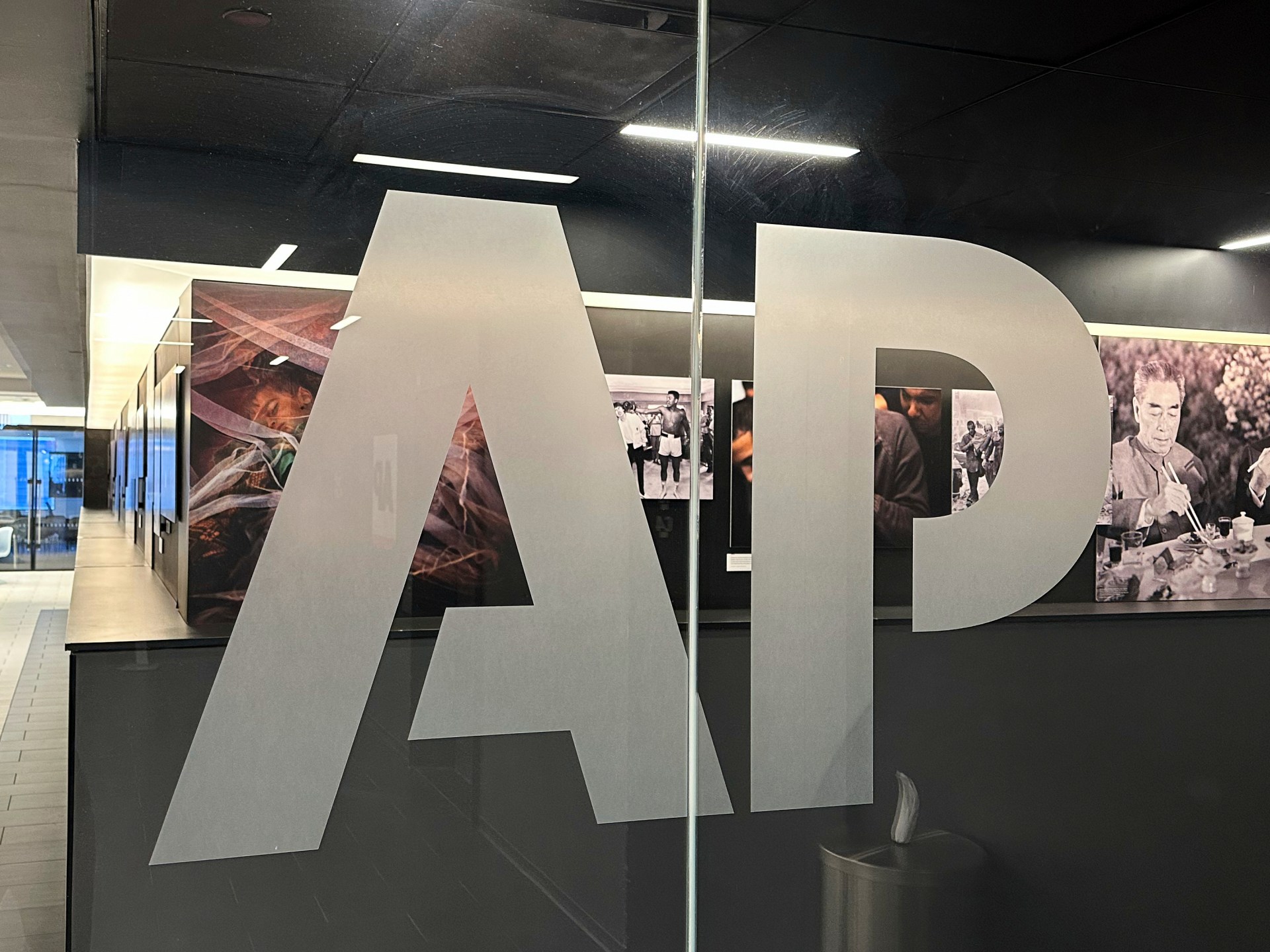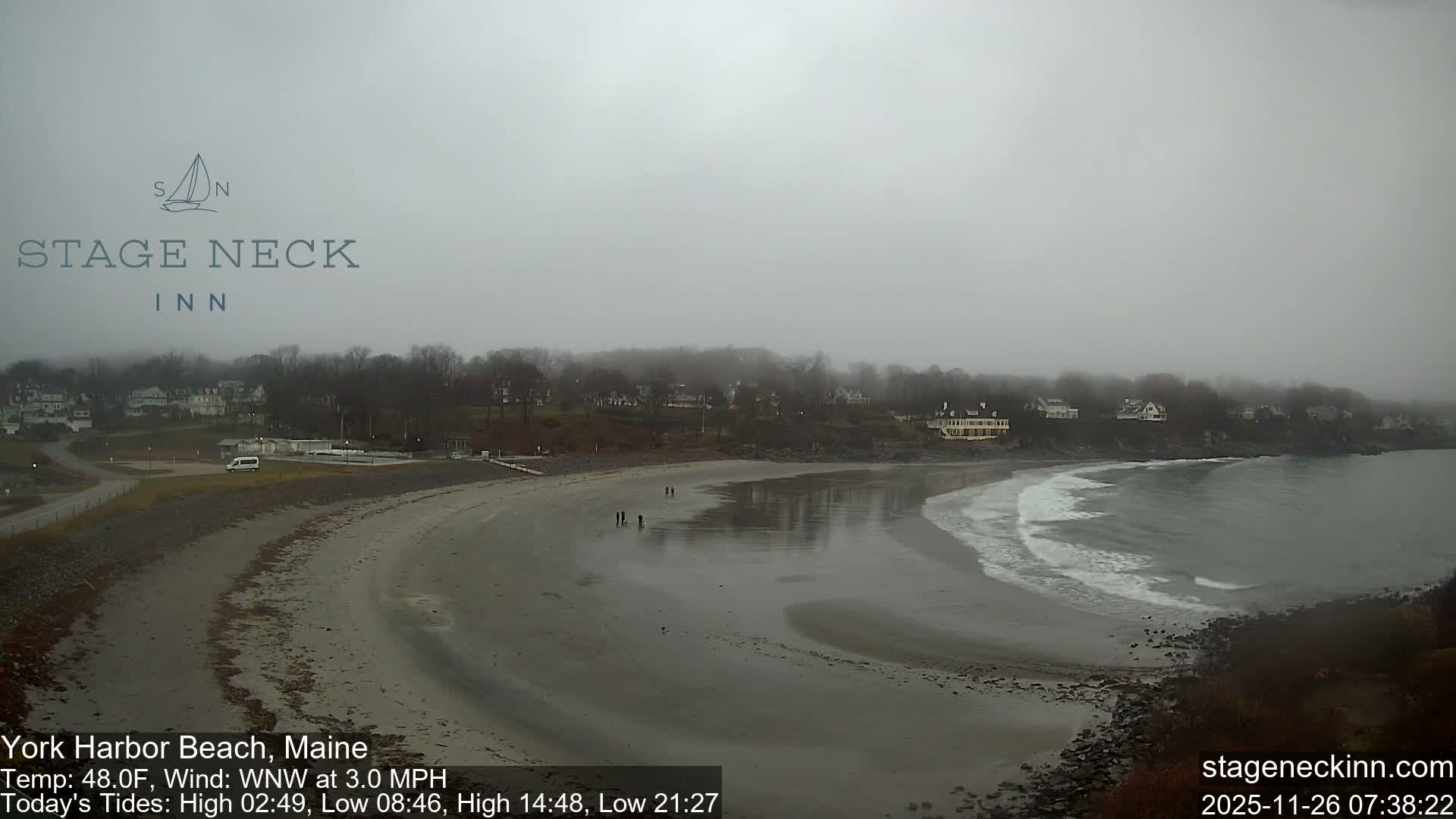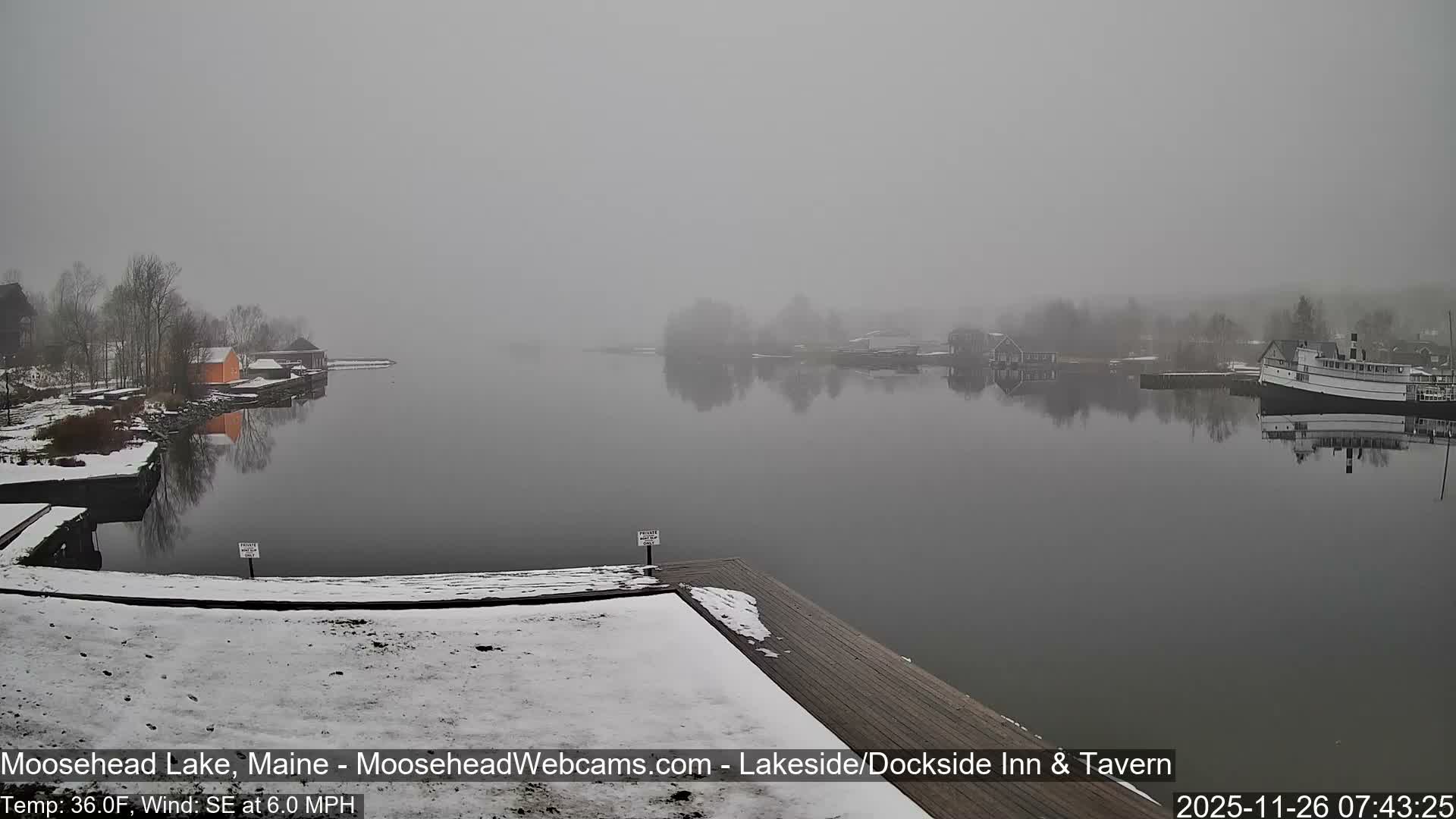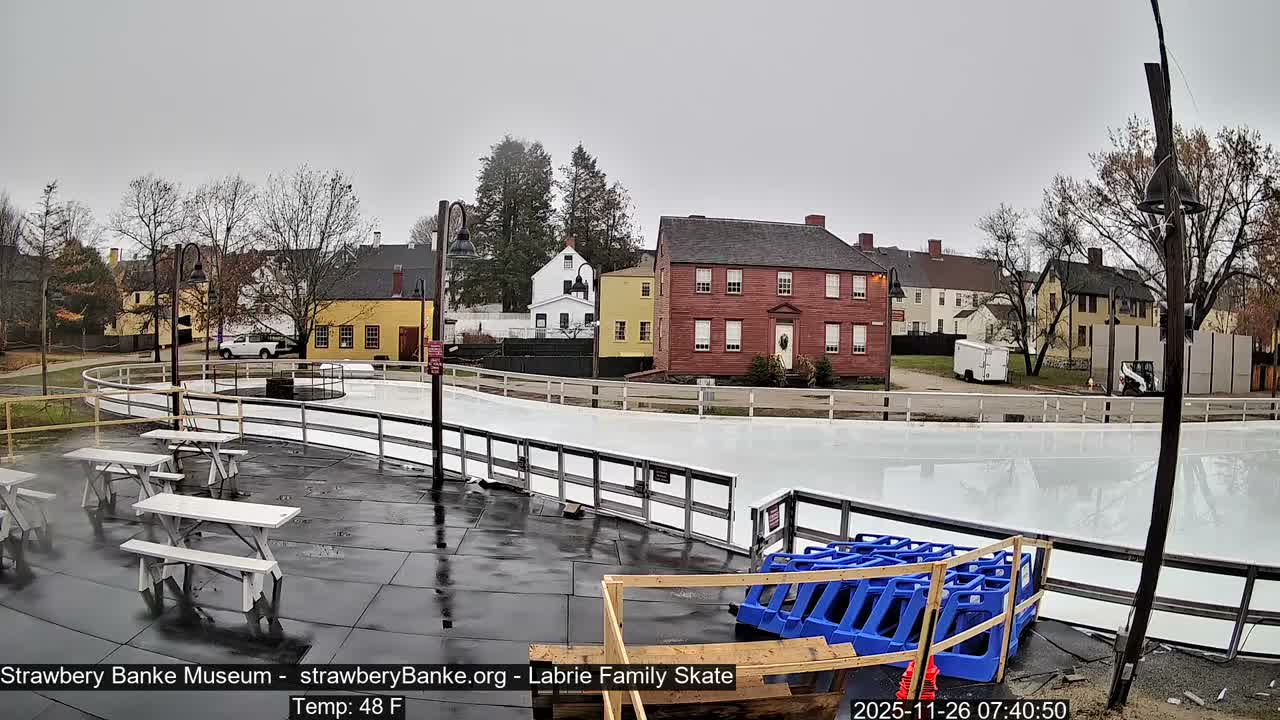A significant legal battle is unfolding in a United States federal appeals court, pitting the Associated Press (AP) against the Trump administration over critical media access to the Oval Office. At the heart of the dispute is the fundamental question of presidential control over press access versus the First Amendment’s guarantee of press freedom.
The Core of the Dispute: Access and Editorial Independence
The AP initiated legal action against three officials from the Trump administration, including White House Press Secretary Karoline Leavitt, after its reporters were barred from the exclusive “pool” of journalists who closely cover the president. This action, according to the administration, was a direct response to AP’s editorial decision to continue using “Gulf of Mexico” in its style, rather than adopting Trump’s preferred “Gulf of America.”
Arguments from the AP: First Amendment Protections
Representing the AP, lawyer Charles Tobin vehemently argued that news organizations should not face punitive measures for their independent viewpoints. He stressed that the First Amendment extends to the Oval Office, asserting that if journalists are invited to cover events on a pool basis – especially in situations with limited space – the administration cannot discriminate based on an organization’s exercise of free speech. Tobin also highlighted the financial impact on AP's business, which has historically relied on consistent access to these essential pool events. AP Executive Editor Julie Pace reinforced this, stating in an op-ed that controlling which journalists cover the presidency directly undermines the First Amendment and impacts the public's right to information.
The Trump Administration's Stance: Presidential Prerogative
Conversely, the Trump administration, represented by principal deputy assistant attorney general Yaakov Roth, maintained that it is solely the White House’s prerogative to determine who gains access to the president, particularly in space-constrained settings like the Oval Office. They argued that granting or denying access is akin to deciding who receives an interview and forms part of the president's inherent authority to manage his interactions. The administration further asserted that if AP's business model relied on a “favored-nation status” for perpetual access, that responsibility does not fall upon the government.
Judicial Skepticism and Broader Implications
The three-judge appellate panel expressed considerable skepticism regarding the AP’s case, despite a lower court ruling in favor of the news outlet. Judges Gregory Katsas and Neomi Rao, both Trump appointees who had previously voted against the AP in a related panel, questioned the feasibility of implementing rules that would restrict a president’s discretion or of issuing injunctions against a sitting president. Judge Robert Wilkins, an Obama appointee, challenged the administration with a hypothetical scenario, asking if the White House could bar citizens from a tour based on social media criticism, implying potential overreach.
Historically, the White House Correspondents’ Association managed press pools until the Trump administration reset this tradition in February, citing a desire to broaden access to other news outlets. However, the administration's brief also clarified its position that the White House legally possesses the authority to limit news gathering activities in sensitive areas.
The broader implications of this case resonate throughout the media landscape. Nearly 50 press organizations, including diverse outlets from ProPublica to Fox News Channel, alongside industry titans like The New York Times and The Washington Post, filed briefs in support of the AP. They collectively argued that when any news outlet is stifled, the press and the public at large suffer, regardless of the remaining media presence. The appeals court has temporarily halted any enforcement of the lower court’s ruling until the full appeal process concludes.







